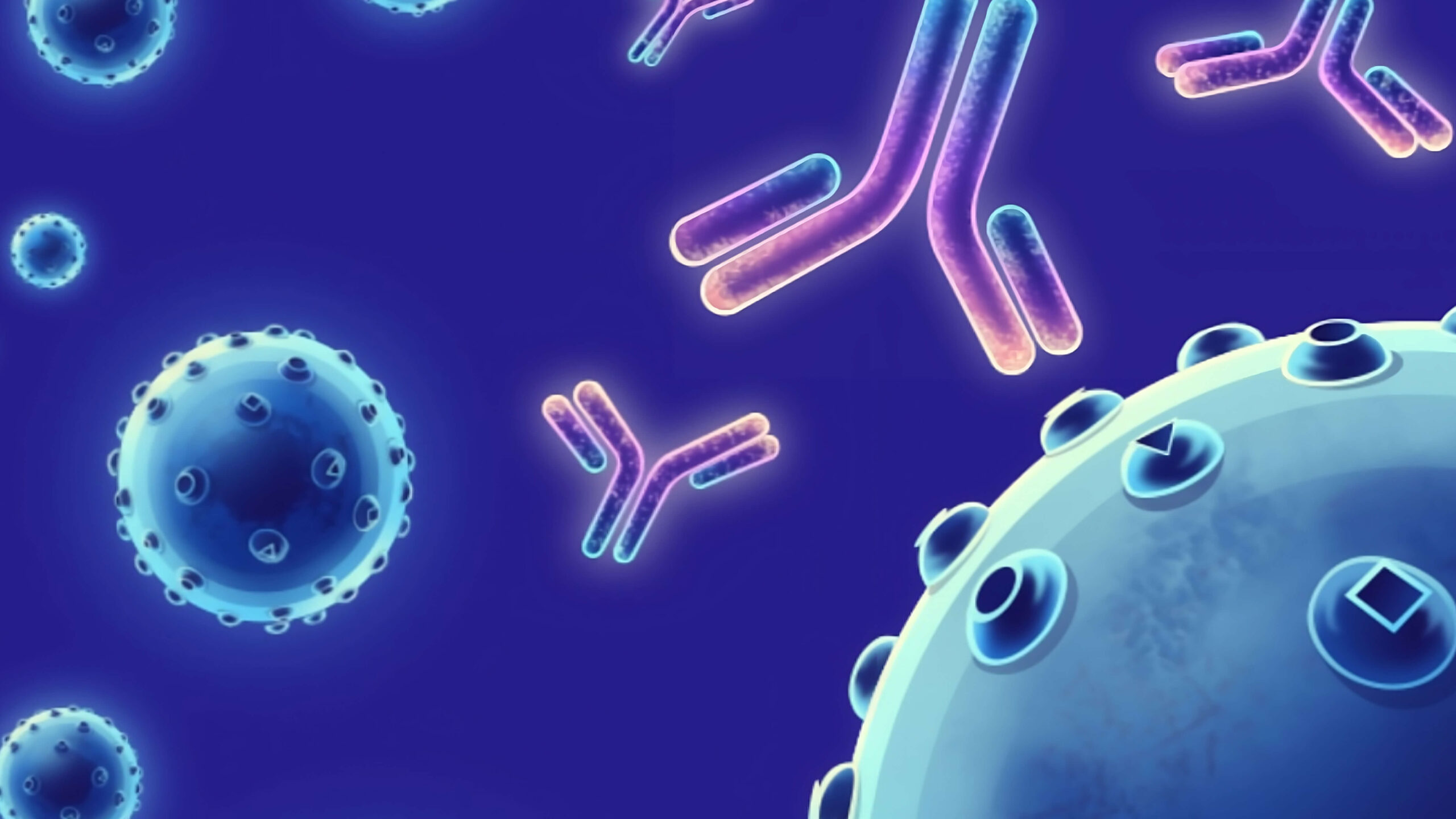Description
anti-alpha-Tubulin, monoclonal antibody (recombinant) (F2C) (ATTO488) is composed of human variable regions (VH and VL) (lambda-chain) of immunoglobulin fused to the human lgG2 Fc domain. anti-alpha-Tubulin, monoclonal antibody (recombinant) (F2C) (ATTO488) is an antibody developed by antibody phage display technology using a human naive antibody gene library. These libraries consist of scFv (single chain fragment variable) composed of VH (variable domain of the human immunoglobulin heavy chain) and VL (variable domain of the human immunoglobulin light chain) connected by a polypeptide linker. The antibody fragments are displayed on the surface of filamentous bacteriophage (M13). This scFv was selected by affinity selection on antigen in a process termed panning. Multiple rounds of panning are performed to enrich for antigen-specific scFv-phage. Monoclonal antibodies are subsequently identified by screening after each round of selection. The selected monoclonal scFv is cloned into an appropriate vector containing a Fc portion of interest and then produced in mammalian cells to generate an IgG like scFv-Fc fusion protein. Recombinant Antibody. Recognizes mouse, bovine and human alpha-tubulin. Species cross-reactivity: Bovine, Human, Mouse. Clone: F2C. Isotype: Human IgG2lambda. Applications: ICC. Host: Purified from HEK 293 cell culture supernatant. Liquid. In PBS containing 0.02% sodium azide. Tubulin is the major building block of microtubules. This intracellular cylindrical filamentous structure is present in almost all eukaryotic cells. Microtubules function as structural and mobile elements in mitosis, intracellular transport, flagellar movement, and the cytoskeleton.
Target
alpha-Tubulin
Isotype/Mimetic
Human IgG2lambda
Animal-Derived Biomaterials Used
None
Sequence Available
Yes
Original Discovery Method
Human-derived phage display
Original Discovery Information Provided On Datasheet
Yes
Antibody/Binder Origins
Animal-free discovery, In vitro recombinant expression

